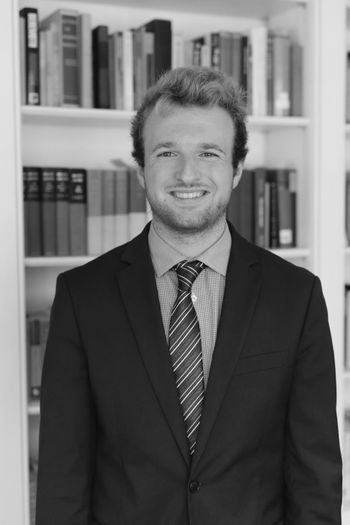Columbia University says it ‘did not consent’ to House Committee releasing documents for anti-Semitism report
Columbia officials say it ‘did not consent' to internal documents being released.
The report is titled “Antisemitism on College Campuses Exposed.”
Columbia University is not happy that the House Committee on Education and the Workforce published what it says are confidential documents in its antisemitism report published on Oct. 31.
The committee gave Columbia one day’s notice that the report would include the documents. The university provided over 100,000 documents for the committee’s extensive investigation. “Columbia” appears 534 times in the 325-page document.
The university provided the documents in response to a committee subpoena and “did not consent” to their being made public. The House Committee on Education and the Workforce report is titled “Antisemitism on College Campuses Exposed.”
“We provided this information in connection with our response to the Committee’s subpoena and requests, and we requested confidential treatment of the information we provided,” Samantha Slater, a university spokesman, told The Columbia Spectator after the report was released.
Slater pointed to student privacy as one reason the university wanted the documents to remain private.
“When the Committee provided one day’s notice of the report, we again raised with the Committee our repeated requests that they protect students’ privacy, and we are deeply disappointed that the Committee did not do so,” she said.
[RELATED: Harvard to reconsider student discipline processes amid anti-Israel protests]
The report’s summary notes that some universities, including Columbia University, had “radical faculty members” who protected students.
“At every school investigated by the Committee, the overwhelming majority of students facing disciplinary action for antisemitic harassment or other violations of policy received only minimal discipline,” the report says. “At some schools, such as Columbia and Harvard, radical faculty members worked to prevent disciplinary action from being taken against students who violated official policies and even the law.”
One report finding is that “Columbia’s leaders offered greater concessions to encampment organizers than they publicly acknowledged.”
The report includes communications between the committee, Columbia, and other colleges and universities, including Barnard College.
According to The Columbia Spectator, the university sent a letter to the committee last month through legal representatives, highlighting that the school did not waive its rights.
“By producing materials to the Committee, Columbia does not intend to, and does not, waive any applicable privilege or other legal basis under which information may not be subject to production,” the letter said. “We appreciate the Committee’s commitment, conveyed by your staff, to protect student identities that may be referenced in or derived from these materials.”
Campus Reform contacted Columbia University for comment. This story will be updated accordingly.

